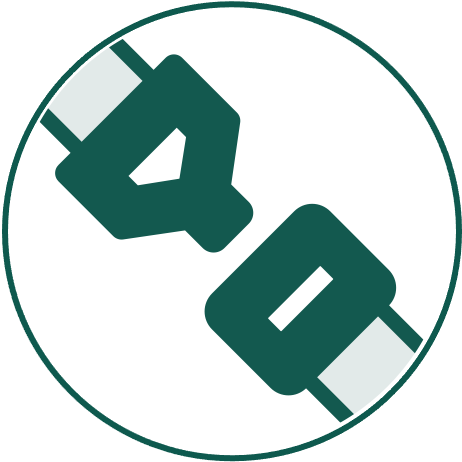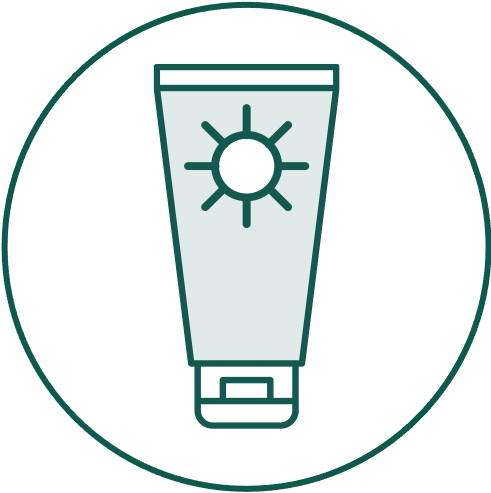Harm reduction for people who use drugs
February 2023
- Harm reduction for behavioral health practitioners
- Improving law enforcement responses to substance use through harm reduction
Additional resources:
- Risk Factors for Opioid Misuse, Addiction, and Overdose (Office of Workers' Compensation Programs)
- Alcohol Facts and Statistics (National Institute on Alcohol Abuse and Alcoholism)
- Probability and predictors of transition from first use to dependence on nicotine, alcohol, cannabis, and cocaine (Journal of Drug and Alcohol Dependence)
Harm reduction is a philosophy and set of policies and practices centered on any positive change for a person using drugs, as expressed and defined by them. It meets people where they are and empowers them to address the reasons for their use as well as the use itself. Harm reduction is a mindset, human rights issue, and framework for action to reduce the harmful effects of drug use and any risky behavior, and does not promote these activities in and of themselves.
Harm reduction does...
- save lives.
- address drug use and the reasons people use drugs.
- increase the possibility for positive outcomes.
- make communities safer.
Harm reduction does not...
- enable drug use or ignore the harm it can cause.
- require abstinence.
- mandate a specific treatment.
- threaten incarceration, monitoring, or other punitive measures.
Harm reduction practices you already know

Seatbelts reduce the risk of harm from a car crash.

Sunblock reduces the risk of harm from sun exposure.
Why harm reduction?
Harm reduction addresses the broader health and social issues that impact individuals in society, increasing the likelihood of positive outcomes for the individual and making the wider community safer. Punitive and carceral responses to illicit substances and people who use them have not workedthe War on Drugs, incarceration, Drug Abuse Resistance Education (D.A.R.E.), and anti-drug public service announcements have not decreased drug use or the harm it causes. Rather, deaths and injuries have increased over the last 40 years. Public support for harm reduction has increased and governments at all levels are investing in evidence-based practice.
Principles of harm reduction from the National Harm Reduction Coalition
There is no universal definition for implementing harm reduction because interventions and policies must reflect specific individual and community needs. However, according to the National Harm Reduction Coalition, harm reduction practice…
- Accepts that licit and illicit drug use is part of our world and chooses to work to minimize the harmful effects instead of ignoring or condemning them.
- Understands drug use as a complex, multi-faceted phenomenon that encompasses a continuum of behaviors and acknowledges that some ways of using drugs are safer than others.
- Establishes quality of individual and community life and well-beingnot necessarily cessation of all drug useshould be the criterion for successful intervention and policy application.
- Calls for non-judgmental, non-coercive provision of services and resources for people who use drugs in the communities where they live to assist them in reducing harm.
- Ensures people who use drugs and/or with a history of drug use have a voice in creation of the policies and programs designed to serve them.
- Affirms people who use drugs are the primary agents of reducing the harms of their drug use and seeks to empower them to share information and support each other in strategies to reduce harm.
- Recognizes that the realities of poverty, class, racism, social isolation, past trauma, sex-based discrimination, and other social inequalities affect vulnerability to and capacity for effectively dealing with drug-related harm.
- Does not attempt to minimize or ignore the real and tragic harm and danger that can be associated with illicit drug use.
Are you ready to adopt a harm reduction philosophy and put harm reduction into practice? Take the quiz now to find out!
Evidence-based harm reduction strategies for people who use drugs
Click the article symbol ![]() to see the evidence behind each practice.
to see the evidence behind each practice.
- Strategies for safer use
- Strategies to avoid overdose
- Strategies to respond to overdose
- Strategies to build recovery communities
How can I improve my harm reduction mindset?
- Be aware of your potential biases and be open to listen to others' experiences.
- Talk to individuals adopting harm reduction strategies in your community or agency.
- Talk to a harm reduction agency providing services in your community.
- Attend a harm reduction training or sign up your agency for a harm reduction training.
- Attend a local drug user union meeting.
- Remember that we do not know what others may be struggling with, and they cannot overcome challenging issues if they are deceased.
Learn more about harm reduction








